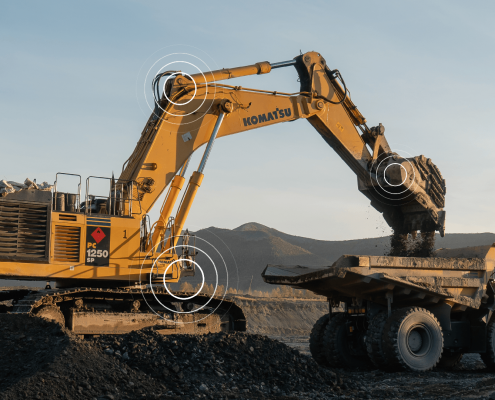The reliability and precision of machine control systems are crucial. These sophisticated systems, which enhance the accuracy and efficiency of construction equipment, demand regular maintenance to ensure optimal performance. This is where machine control maintenance contracts come into play, offering a structured approach to servicing and maintaining your equipment. These contracts are designed to minimize downtime, maximize operational efficiency, and extend the lifespan of your valuable assets.
Understanding Machine Control Maintenance Contracts
A machine control maintenance contract is an agreement between a construction company and a service provider, detailing regular maintenance, servicing, and support for machine control systems. These contracts are tailored to ensure that machine control technology, including GPS, lasers, sensors, and software, functions correctly and efficiently.
Key Features of Maintenance Contracts
- Regular Inspections and Servicing: The contracts typically include scheduled inspections and servicing of the machine control systems. This proactive approach helps in identifying and addressing potential issues before they escalate.
- Software Updates and Calibrations: Regular updates to the software components and recalibration of the systems are included to ensure that they remain accurate and efficient.
- Emergency Repairs and Support: Quick response for emergency repairs and technical support is a critical aspect, ensuring minimal downtime in case of system failures.
- Replacement of Parts: The contract often covers the replacement of worn or defective parts, ensuring that the systems maintain their optimal performance levels.
- Training and Advisory Services: Some contracts include training sessions for the construction team, helping them to better understand and utilize the machine control systems.
Benefits of Maintenance Contracts
- Reduced Downtime: Regular maintenance and prompt repair services minimize the risk of unexpected downtime, keeping projects on schedule.
- Cost Efficiency: These contracts can be more cost-effective than ad-hoc repairs and emergency services, offering a predictable expense model.
- Longevity of Equipment: Properly maintained equipment has a longer operational life, providing better return on investment.
- Operational Reliability: Regular servicing ensures that the machine control systems are always functioning at their best, leading to consistent operational reliability.
- Compliance with Warranty Requirements: Maintenance contracts often help in meeting the conditions of warranty agreements, ensuring that warranty protections remain valid.
Conclusion
Investing in machine control maintenance contracts is a strategic decision for construction businesses relying on advanced technology. These contracts not only safeguard the functionality and reliability of the equipment but also contribute to the overall efficiency and success of construction projects. By ensuring that machine control systems are consistently operating at peak performance, these contracts provide a foundation for precision, efficiency, and profitability in the ever-evolving world of construction.

